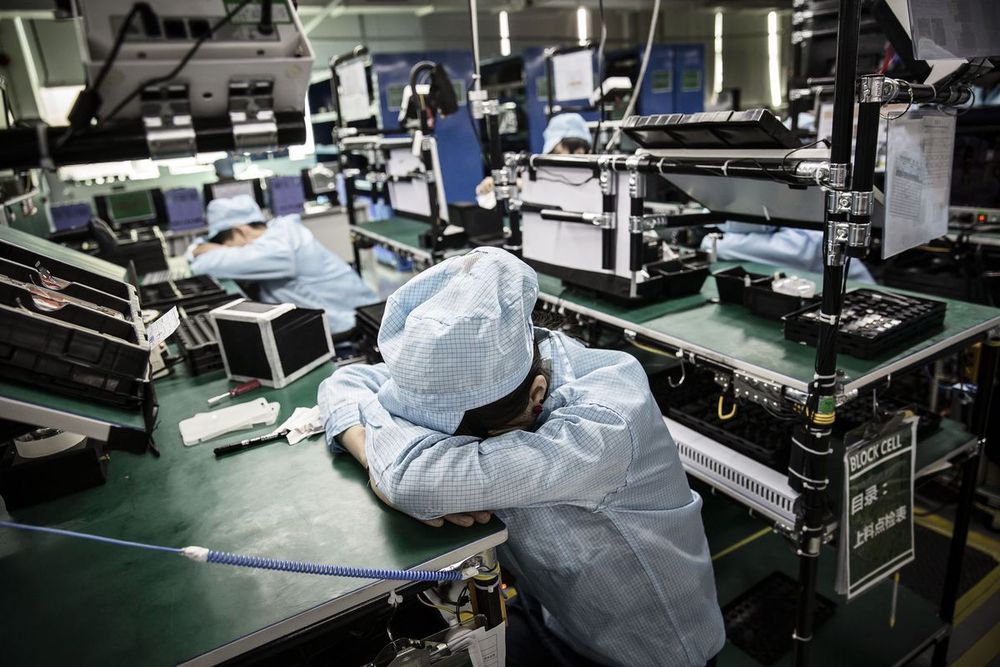Dr. Derek Yach, Founder, President, and Board Member of The Foundation for a Smoke-Free World (FSFW), joined me on ideaXme (http://radioideaxme.com/) to discuss his group’s work in the core areas of Agriculture and Livelihoods, Industry Transformation, and Health, Science, and Technology (Disclosure — FSFW is funded ~$US1 Billion by Philip Morris International, but take a listen to full story…) — #Ideaxme #Smoking #Vaping #Tobacco #Cessation #AlternativeUses #HarmReduction #WHO #CDC #Health #Wellness #Longevity #Biotechnology #LifeExtension #Aging #IraPastor #Bioquark #Regenerage World Health Organization (WHO) CDC CDC Global United Nations Philip Morris International.
Ira Pastor, ideaXme life sciences ambassador and founder of Bioquark, interviews Dr. Derek Yach, founder, president, and board member of The Foundation for a Smoke-Free World, and passionate advocate for health promotion and disease prevention. Dr Yach’s objective is to end smoking in this generation. We investigated to see how that might be achieved.
Disclosure: The Foundation for a Smoke-Free World has received its initial funding pledge of $80 million USD annually for 12 years, beginning in 2018 from Philip Morris International (PMI) — The Foundation has a nonprofit status as a US 501c3 organization, and by law and policy must operate completely independently from PMI, and cannot engage in activities designed to support PMI’s interests. Further, PMI can have no involvement or say in their work.
Ira Pastor Comments:
The World Health Organization (WHO) estimates that we currently have over 1.1 billion smokers on earth, and that tobacco kills more than 8 million people each year. More than 7 million of those deaths are the result of direct tobacco use while around 1.2 million are the result of non-smokers being exposed to second-hand smoke.






